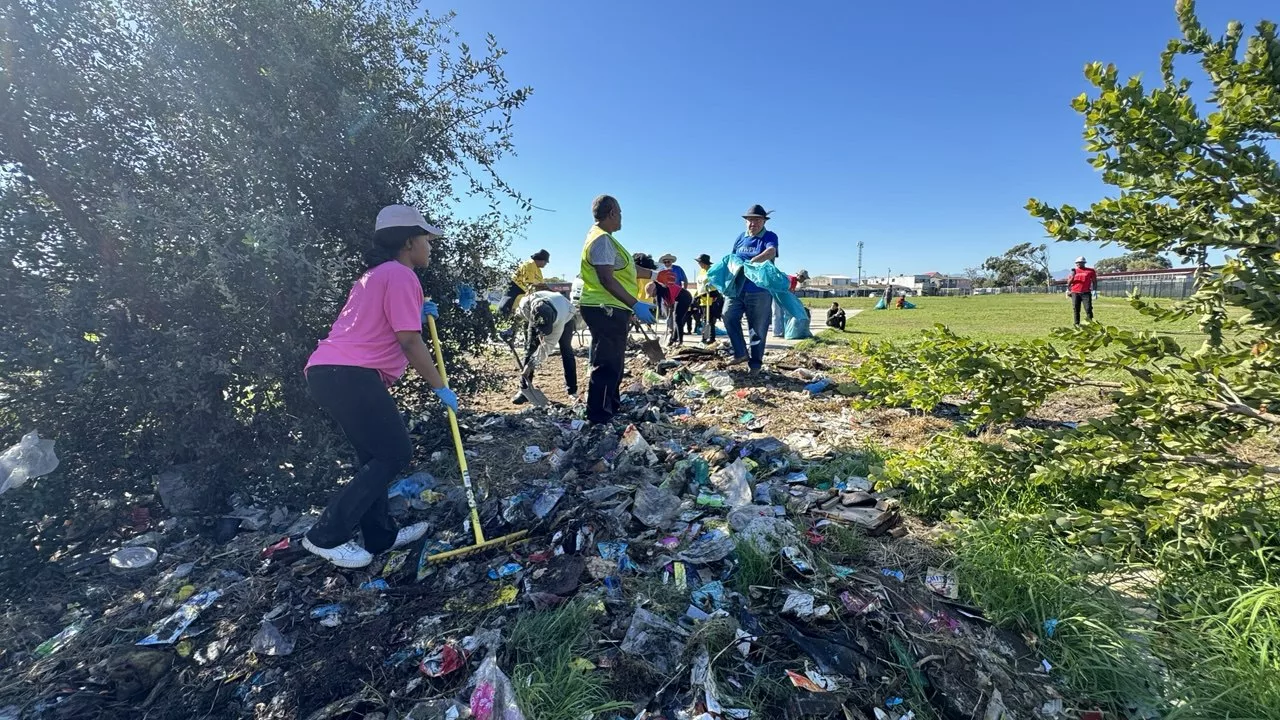|
Getting your Trinity Audio player ready...
|
By Sibiri Sylvain Herve Ouedraogo, Programme Officer, FAO Regional Office for Africa (RAF)
The Regional Capacity development workshop in Zimbabwe
Agriculture is at the heart of Africa’s economy, providing livelihoods for nearly 60% of the population. However, inefficiencies in agrifood systems—ranging from poor infrastructure to climate vulnerability and weak market access—have limited the sector’s potential. The Food and Agriculture Organization of the United Nations (FAO) is at the forefront of transforming agrifood systems in Africa, ensuring they become more inclusive, resilient, and sustainable. The FAO Four Betters—Better Production, Better Nutrition, a Better Environment, and a Better Life—guide FAO’s approach to transforming agrifood systems, aims at supporting the African Union member countries to build climate-resilient, market-driven, and nutrition-sensitive food systems.
One of the key objectives of this meeting organized by the FAO regional office for Africa (RAF based in Accra, Ghana) is to enhance all colleagues’ skills and knowledge to boost this support to countries in Africa. The FAO subregional office for Southern Africa and representation to Zimbabwe (SFS) has kindly volunteered to host the capacity development in which all 47 countries in covered by RAF are participating.
Value chain development and Agrifood systems development in Africa
Specifically, for what pertains to Value chain development as it relates to Africa’s agrifood systems, we note that we have Fragmented and inefficient value chains that limit smallholder farmers’ access to profitable markets, Limited access to technology, finance, and climate-smart agricultural practices, restricting productivity and the continuous Reliance on food imports in Africa, increasing vulnerability to external shocks. Moreover, we still have in Africa, Post-harvest losses exceeding 30-40% in some commodities, leading to food waste and economic losses.
FAO is working to transform Africa’s agrifood systems by: Strengthening rural infrastructure and market linkages to integrate smallholder farmers into profitable agribusiness chains; Investing in climate-smart innovations to boost resilience and productivity; Scaling up digital agriculture platforms to provide real-time data, financial services, and market intelligence to farmers.; Expanding value-added processing to create jobs and reduce post-harvest losses.
FAO Hand-in-Hand Initiative: A Data-Driven Approach to Food Security
Africa’s agrifood transformation requires strategic investments in high-impact areas. FAO’s Hand-in-Hand Initiative uses big data, geospatial analysis, and artificial intelligence to identify opportunities for targeted investment in food and agriculture. The initiative focuses on i) Accelerating agrifood system transformation by matching investments with national priorities; ii) Identifying key value chains that can drive rural economic growth and food security; iii) Leveraging partnerships between governments, development banks, and private sector players.
Transforming agrifood systems requires multi-stakeholder collaboration.
FAO works closely with The African Union (AU) and Regional Economic Communities (RECs) such as the Southern African Development Community (SADC) to align policies; Development banks such as the African Development Bank (AfDB) through its “ Country Food and Agriculture Delivery Compacts” to scale up investments in agrifood systems; Private sector players and farmer organizations to build more resilient agricultural value chains. FAO is also engaging with youth and women entrepreneurs to ensure inclusive agrifood system transformation that benefits all communities.
FAO remains committed to helping Africa build a thriving, resilient, and food-secure future. With the right policies, investments, and partnerships, Africa’s agrifood systems can drive sustainable development, create jobs, and ensure prosperity for future generations.






